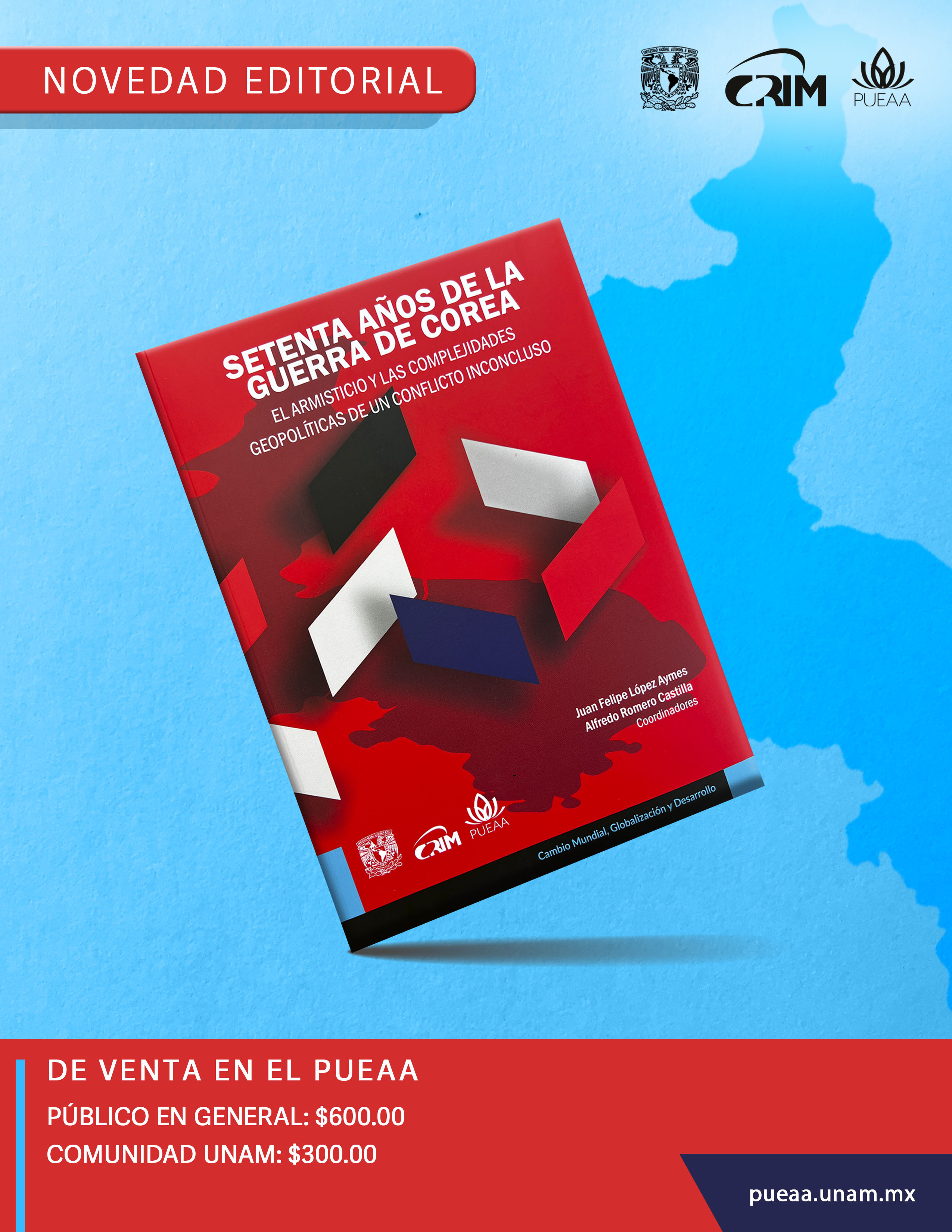He holds a Bachelor's degree in International Relations and a Master's degree in International Relations from the National Autonomous University of Mexico (UNAM). He holds a second master's degree in International Policy Studies and a specialization in Weapons of Mass Destruction Proliferation Studies from the Monterey Institute of International Studies in California, United States. He is a graduate of the William Perry Center for Hemispheric Defense Studies in Washington, D.C., USA, and the Regional Center for Counterterrorism in Southeast Asia in Kuala Lumpur, Malaysia. He is a PhD candidate in Political and Social Sciences at UNAM. His research interests include national and international security, terrorism, organized crime, weapons of mass destruction and regional studies in Asia. He has served as a professor in prestigious national and international, public and private educational institutions, and as an instructor on security issues in several countries. Currently, he is a professor at the Faculty of Political and Social Sciences and academic coordinator of the Diploma in Terrorism Analysis at UNAM

El 27 de julio de 2023 se conmemoró el 70 aniversario de la firma del armisticio que puso pausa a la guerra de Corea. Desde esa fecha, la situación de una península dividida y el estado latente del conflicto armado sigue siendo la realidad imperante, a pesar de los numerosos intentos de transformarla por parte de los principales actores regionales y de muchos otros agentes de la comunidad internacional. ¿A qué se debe esta anomalía histórica? ¿Por qué ha sido tan difícil establecer un acuerdo de paz que ponga fin a la condición que genera tantas tensiones? En esta obra colectiva analizamos diversos aspectos de una problemática compleja, como el proceso de división de la península coreana, la guerra cuyo carácter civil y, a la vez, internacional determinó las dinámicas de seguridad regional, el fracaso de los intentos tempranos para establecer un régimen de paz, el programa nuclear norcoreano y las sanciones que buscan revertir su desarrollo, así como las consecuencias que todo eso tiene para la creación de confianza y la cooperación. También se estudian las políticas seguidas por los protagonistas, Corea del Norte y Corea del Sur, y de las potencias con intereses en la región. En conjunto, los capítulos que componen este libro proporcionan un panorama completo y objetivo sobre los prospectos de paz y la unificación, con perspectivas críticas que desafían los lugares comunes de una discusión maniquea en la que todas las partes son víctimas y beneficiarios del statu quo.

The Korean peninsula is one of the regions that are currently under constant observation in the complex international mosaic. Characterized by its peculiar economic and political dynamics, today it has an emerging cultural representation that has managed to transcend the world.
For this reason, this book deals with topics that contribute to the understanding of the problems that define part of the current peninsular reality. It analyzes economic and political issues, which are undoubtedly essential for approaching the study of the Korean peninsula. However, the book reflects on the importance of the study of both Koreas from a social and cultural perspective, providing the reader with a human and deep analysis of the Korean societies, allowing them to learn about and reflect on phenomena and problems of the peninsular daily life.
In this way, under a multidisciplinary approach, the importance of each of the Republics in the current world context is shown, a perspective that also combines fundamental issues on culture and society such as religion, language and cultural consumption.
